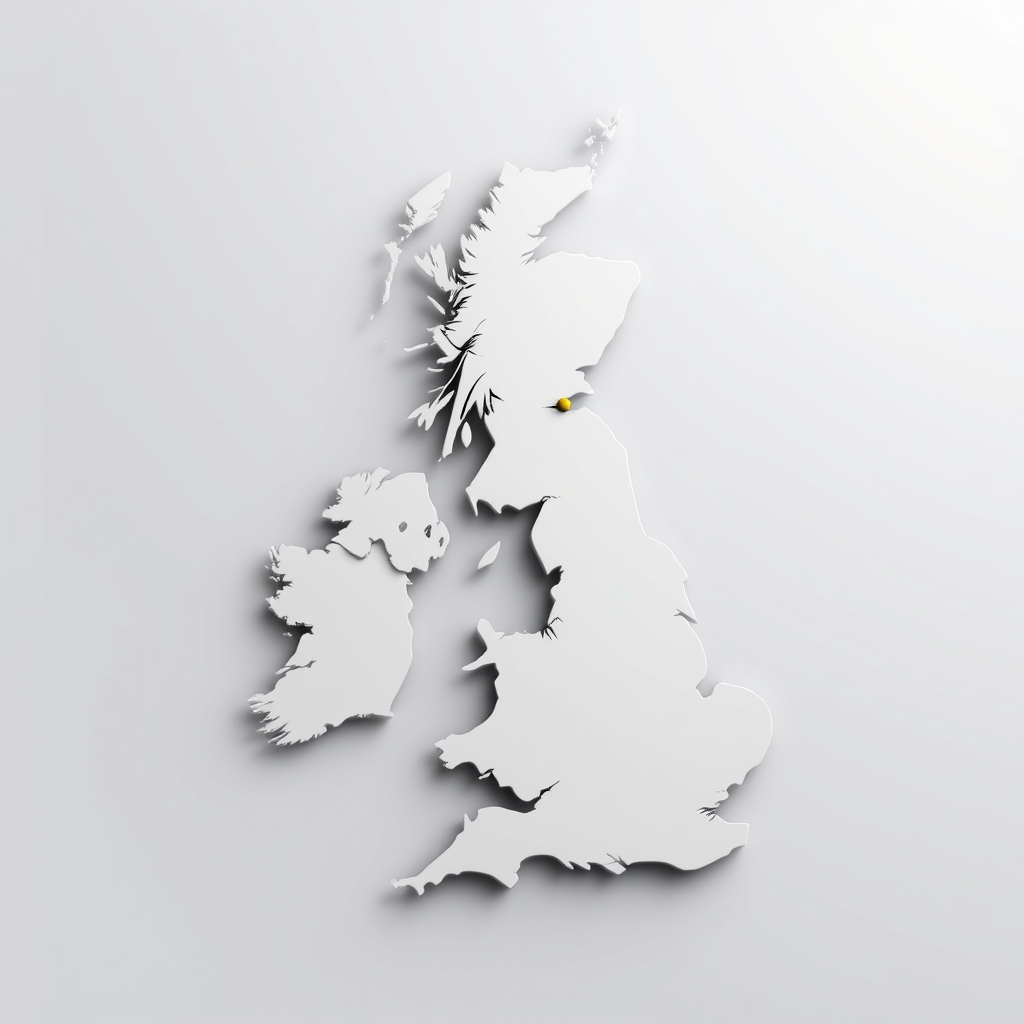Britain Postcode API vs Postcodes to Location UK API: What to Choose?

When it comes to integrating location-based services into applications, developers often face the challenge of choosing the right API. In the UK, two prominent options are the Britain Postcode API and the Postcodes to Location UK API. Both APIs offer unique features and capabilities that cater to different needs. This blog post will provide a detailed comparison of these two APIs, helping developers make an informed decision based on their specific requirements.
Overview of Both APIs
The Britain Postcode API is designed to convert UK postal codes into accurate geospatial coordinates. This functionality is essential for applications that require precise location tracking, such as delivery services and location-based searches. The API simplifies the process of obtaining latitude and longitude from a postcode, making it a valuable tool for developers looking to enhance user experiences with accurate mapping and navigation features.
On the other hand, the Postcodes to Location UK API serves as a comprehensive web service that provides access to UK location data and zip codes. This API not only allows developers to retrieve latitude and longitude from postcodes but also enables them to convert geographic coordinates back into postcodes. This dual functionality is particularly useful for applications that require address validation, geolocation services, and mapping functionalities.
Feature Comparison
Britain Postcode API Features
One of the standout features of the Britain Postcode API is its ability to provide latitude and longitude by postcode. To utilize this feature, developers must enter a valid UK postcode in the request parameter. The API then responds with the corresponding geographic coordinates, which can be used for various applications, such as mapping and navigation.
For example, when a developer sends a request with the postcode "GU16 7HF", the API returns the following response:
{"status":1,"output":[{"postcode":"GU16 7HF","latitude":"51.314344","longitude":"-0.747971"}]}In this response, the "status" field indicates a successful request, while the "output" array contains the postcode along with its associated latitude and longitude. This data can be directly integrated into mapping services to pinpoint locations accurately.
Postcodes to Location UK API Features
The Postcodes to Location UK API offers a similar feature that allows developers to convert a postcode into latitude and longitude. To use this feature, developers must insert a zip code into the request. The API then returns the geographic coordinates, enabling applications to utilize this data for mapping and location-based services.
For instance, a request with the postcode "AB10 1XG" might yield the following response:
{"latitude":"57.1379","longitude":"-2.12149"}This response provides the latitude and longitude for the specified postcode, which can be used in various applications, such as logistics and delivery tracking.
Additionally, the Postcodes to Location UK API includes a feature that allows developers to convert latitude and longitude back into a postcode. To use this feature, developers must provide the geographic coordinates in the request. The API then returns the corresponding postcode, which is particularly useful for applications that require address validation.
For example, a request with latitude "51.314344" and longitude "-0.747971" might return:
{"postcode":"GU16 7HF"}This response indicates the postcode associated with the provided geographic coordinates, allowing developers to validate user-provided addresses effectively.
Performance and Scalability Analysis
Both APIs are designed to handle a significant volume of requests, making them suitable for applications with varying levels of demand. The Britain Postcode API focuses on delivering accurate geospatial data quickly, which is crucial for applications that rely on real-time location tracking. Its streamlined request-response cycle ensures that developers can integrate location services without noticeable delays.
Conversely, the Postcodes to Location UK API offers robust performance for applications that require both postcode-to-coordinate and coordinate-to-postcode functionalities. This dual capability allows developers to implement comprehensive location services without needing to switch between different APIs, enhancing overall efficiency.
Pros and Cons of Each API
Britain Postcode API
Pros:
- Simple and straightforward integration for converting postcodes to coordinates.
- High accuracy and reliability due to data sourced from official postal databases.
- Fast response times, making it suitable for real-time applications.
Cons:
- Limited to postcode-to-coordinate functionality, lacking reverse lookup capabilities.
- May not provide additional location data beyond latitude and longitude.
Postcodes to Location UK API
Pros:
- Offers both postcode-to-coordinate and coordinate-to-postcode functionalities.
- Useful for address validation and geolocation services.
- Regular updates ensure data accuracy and reliability.
Cons:
- More complex integration due to the dual functionality.
- Response times may vary depending on the complexity of the request.
Final Recommendation
Choosing between the Britain Postcode API and the Postcodes to Location UK API ultimately depends on the specific needs of your application. If your primary requirement is to convert UK postcodes into geographic coordinates quickly and efficiently, the Britain Postcode API is an excellent choice. Its simplicity and speed make it ideal for applications focused solely on location tracking.
However, if your application requires more comprehensive location services, including address validation and the ability to convert geographic coordinates back into postcodes, the Postcodes to Location UK API is the better option. Its dual functionality provides developers with the tools needed to implement robust location-based services effectively.
In conclusion, both APIs offer valuable features for developers looking to integrate location services into their applications. By understanding the strengths and weaknesses of each API, developers can make informed decisions that align with their project requirements.
Ready to test the Britain Postcode API? Try the API playground to experiment with requests.
Looking to optimize your Postcodes to Location UK API integration? Read our technical guides for implementation tips.





